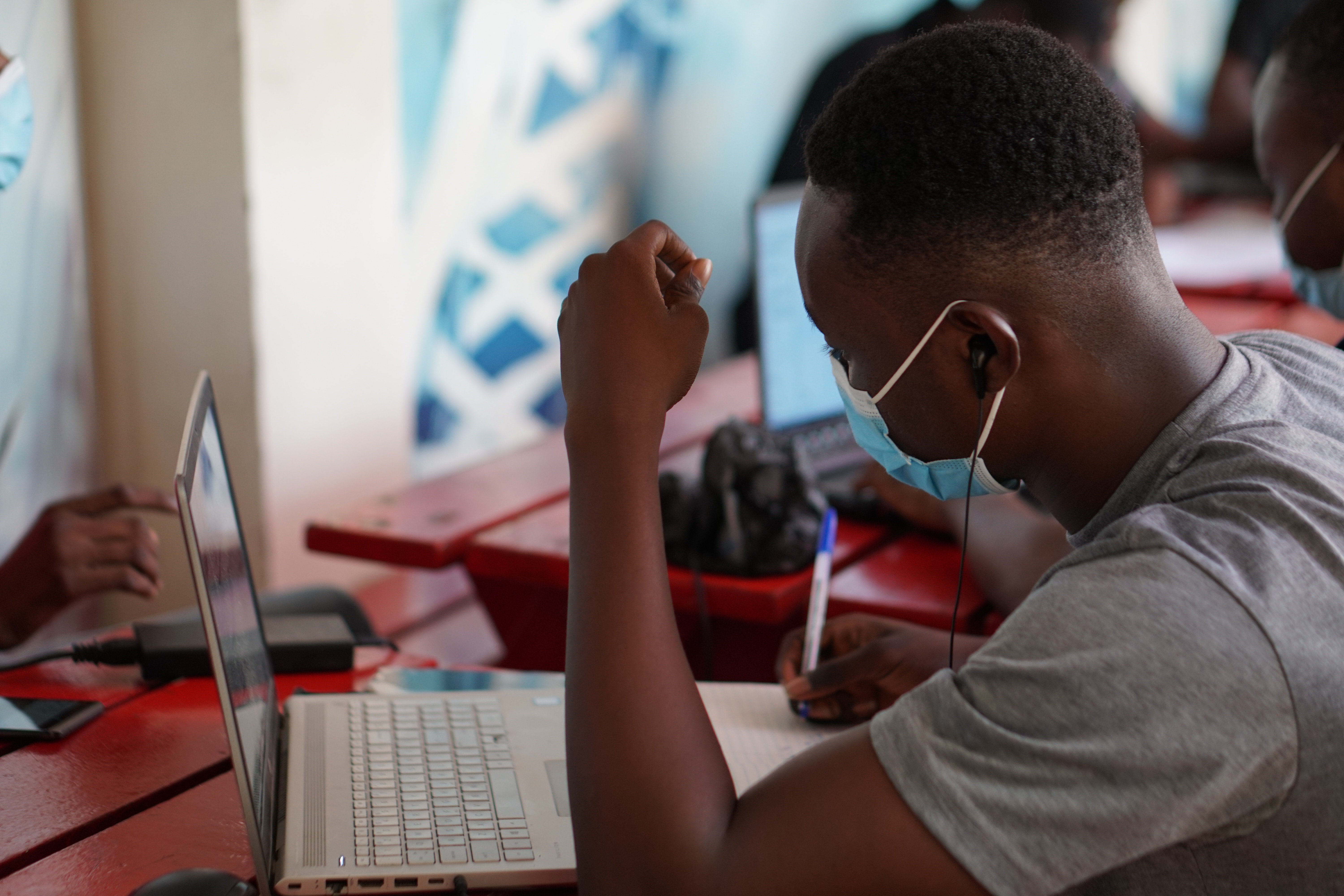
Impact of student housing on learning outcomes
Student accommodation plays a big role in achieving holistic learning outcomes. But the learning process involves more than a bed, desk, and access to instruction.
Student accommodation plays a big role in achieving holistic learning outcomes. But the learning process involves more than a bed, desk, and access to instruction.
This is the final part of a four-part series written by the CrossBoundary Real Estate team on the evolution of student housing in Africa and its viability as a growing asset class. Read Part 1, Part 2, and Part 3 here.
Student accommodation plays a big role in achieving holistic learning outcomes. But the learning process involves more than a bed, desk, and access to instruction. Housing that is student-centric is not optional but rather a requirement produced by the wholeness of the student experience, as well as changing attitudes and conditions.

Student learning outcomes encompass a wide range of student attributes and abilities which can broadly be categorized as cognitive and affective. Learning outcomes are a measure of how students’ higher education experiences have supported their development as individuals. Cognitive outcomes include demonstrable acquisition of specific knowledge and skills while affective outcomes include how their university experience impacts their values, goals, attitudes, self-concepts, worldviews, and behaviors.
Since the thirteenth century, the axiom that residences are a positive influence has been at the heart of most university decisions in developed countries like the UK and Australia. In the Student Academic Experience Survey 2022 conducted in the UK, 36% and 35% of student respondents indicated “living with or close to other students” and “living on or close to campus” contributed most to their sense of belonging at their institution, respectively. In previous editions of the Student Academic Experience Survey, those who commuted to campus experienced lower student satisfaction rates.
The past three decades of empirical research in the US also demonstrate that living on campus has statistically significant, positive impacts for students. In a review of existing literature on student success by the National Postsecondary Education Cooperative, “living on campus had the greatest total effect…on learning outcomes of any institutional characteristic.”
“Residence halls help students develop social connections with peers who are dealing with similar challenges and difficulties. The formation of peer communities supports the finding that living on campus is the single most powerful influence on college students’ cognitive and social development is their peers,” the review finds.

Investment into student accommodation is key to supporting the evolution of content delivery in Africa
In Africa, where the technological divide is vast and the population of students seeking higher education is growing, student accommodation is even more critical for success. The impact of COVID-19 and the potential permanent adoption of hybrid structures also necessitate options for students who are unable to access resources needed for online learning, such as reliable power and internet connection.
As part of the solution for inclusive progression of higher learning, student accommodation should strive for the following qualities:
- Affordability: It should be accessible to all students, including those who do not otherwise have the resources to adequately support online activities like research and virtual classes
- Reliability: It should provide reliable resources including power, internet, water, etc. that are essential for the attainment of educational objectives
- Proximity and safety: It should be close to campus to allow for convenient access to university resources and save time while reducing transit fatigue. The accommodation option should also be located in a safe neighborhood and provide adequate security
- Comfort: It should be aesthetically pleasing and have amenities that contribute to overall student wellness and bolster innovativeness e.g., well-built and maintained rooms, a garden, etc.
- Community: It should motivate collaboration and community building through amenities like break rooms or common working areas
Addressing the student housing shortage will make university education more accessible while boosting all-rounded student learning outcomes. It is an integral part of improving educational outcomes across Africa and a worthy focus of investment capital.

Makazi will have a direct impact on living standards, health, and learning outcomes
CrossBoundary Real Estate, through its brand of upcoming student housing developments, Makazi, is seeking to be part of the solution to inclusive and fully integrated higher education in Africa.
Makazi’s goal is to contribute to increased literacy, numeracy, and social-emotional skills through innovative designs and improved security while providing young adults accommodation at the highest living and hygiene standards to support mental and physical health outcomes.
Makazi will improve the student accommodation status quo with an already-tested design. Borrowing concepts from Europe and the US, CrossBoundary Real Estate has tailored our approach to fit the East African context. Makazi will provide reliable Wi-Fi, security, and access to electricity, addressing the shortfalls of existing accommodation alternatives. In addition to a residential component, each site will be a destination for young people with common areas, flexible working spaces, fast casual restaurants, and other tailored retail amenities.
This piece is part of a series written by the CrossBoundary Real Estate team on the evolution of student housing in Africa and its viability as a growing asset class. Read Part 1, Part 2, and Part 3 here.




